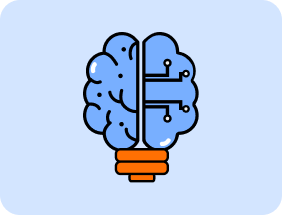- Home
- Solutions
- Join Community
- Methodology
- Limited Offer
-
Pricing
- More
What is the Activity?
Interactive Learning Games are structured group activities where students engage with subject-specific content through gameplay. Games can take many forms, including Strategy, Quiz, Role-Playing, Simulation, or Creative Games.
The activity begins with students selecting a game type aligned with the learning objective, such as enhancing understanding of key concepts, developing problem-solving skills, or fostering teamwork. Depending on the format, team-based, competitive, or collaborative, students are grouped accordingly.
Games are designed with a specific scenario type: Historical Events, Scientific Discoveries, Literary Analysis, Mathematical Problem-Solving, or Real-Life Applications. Within this scenario, players complete challenges or tasks that vary in difficulty from basic to complex. For example, a Role-Playing Game in history may simulate strategic decision-making, while a Science Quiz tests knowledge retention using multiple-choice questions or diagrams.
Duration is flexible, from short to long sessions, with tasks tailored to the game length. Players interact with provided resources such as textbooks, articles, charts, audio/video clips, simulations, or physical models. Rules are designed to balance challenge with clarity, ensuring learning outcomes are achieved effectively.
Throughout the game, students are evaluated using methods such as self-assessment, peer assessment, instructor feedback, or performance-based scoring. Points, completion metrics, and quality of collaboration provide measurable indicators of success.




 Individual
Individual
 Learner
Learner Mentor
Mentor Organisation
Organisation
 Learner
Learner Mentor
Mentor Organisation
Organisation






